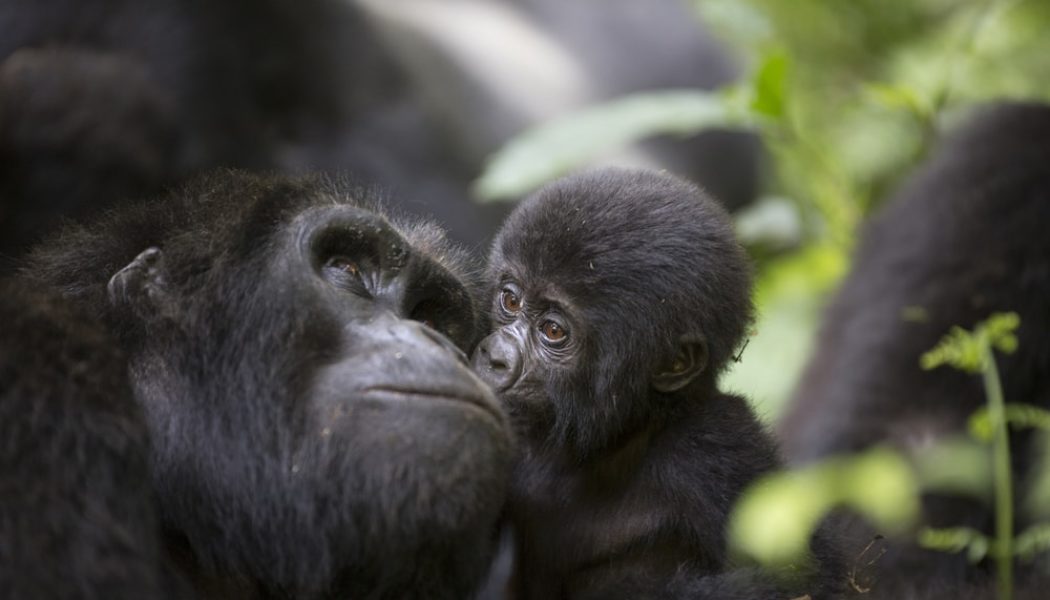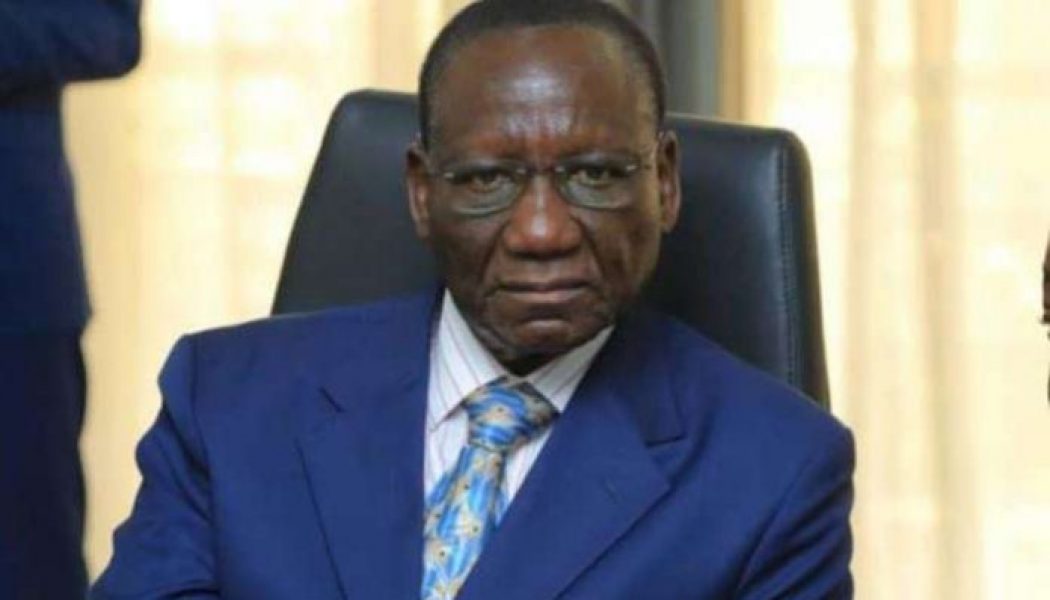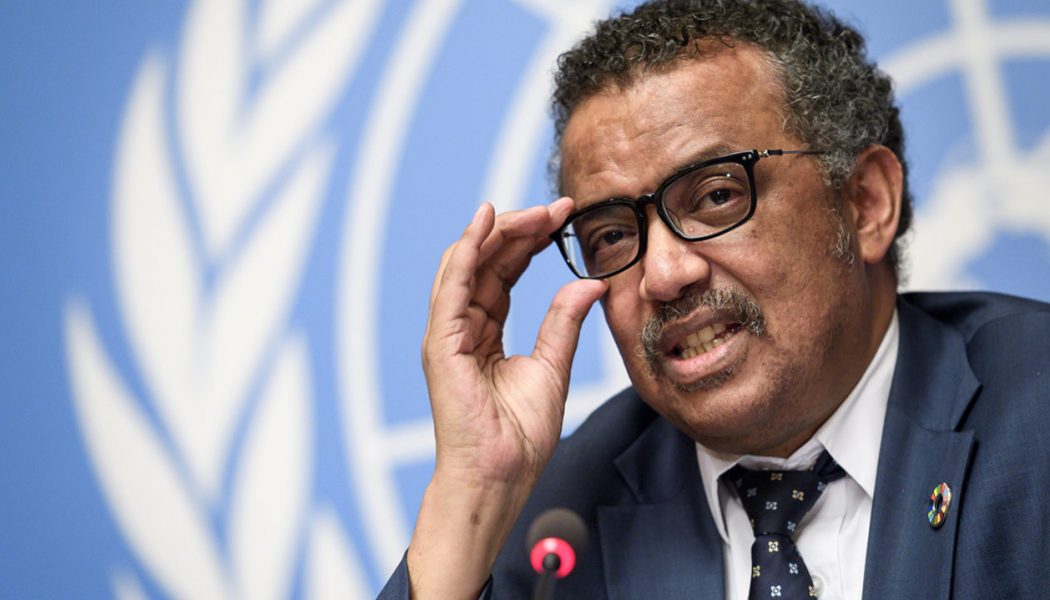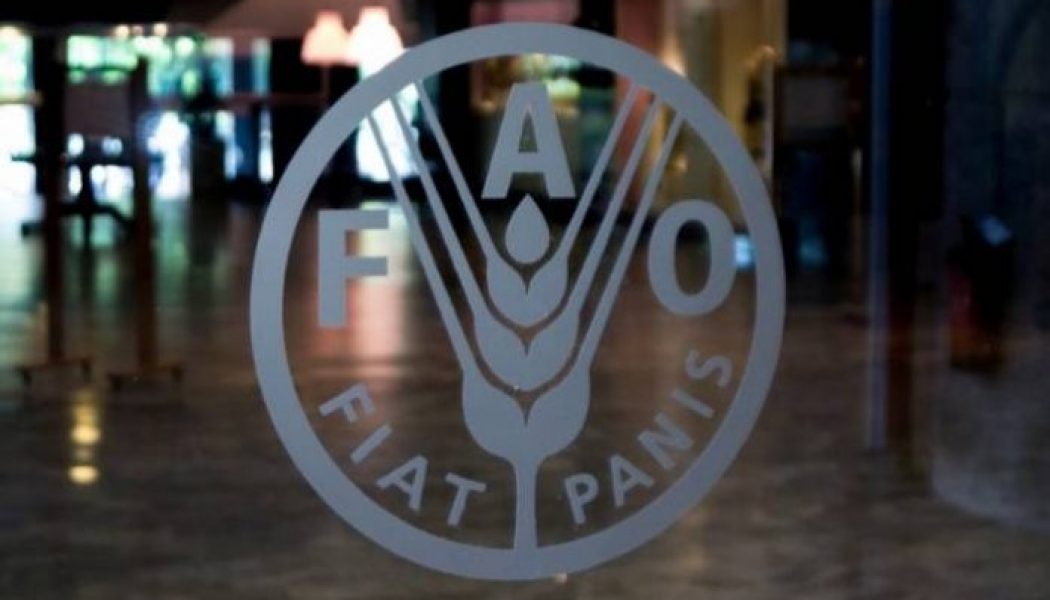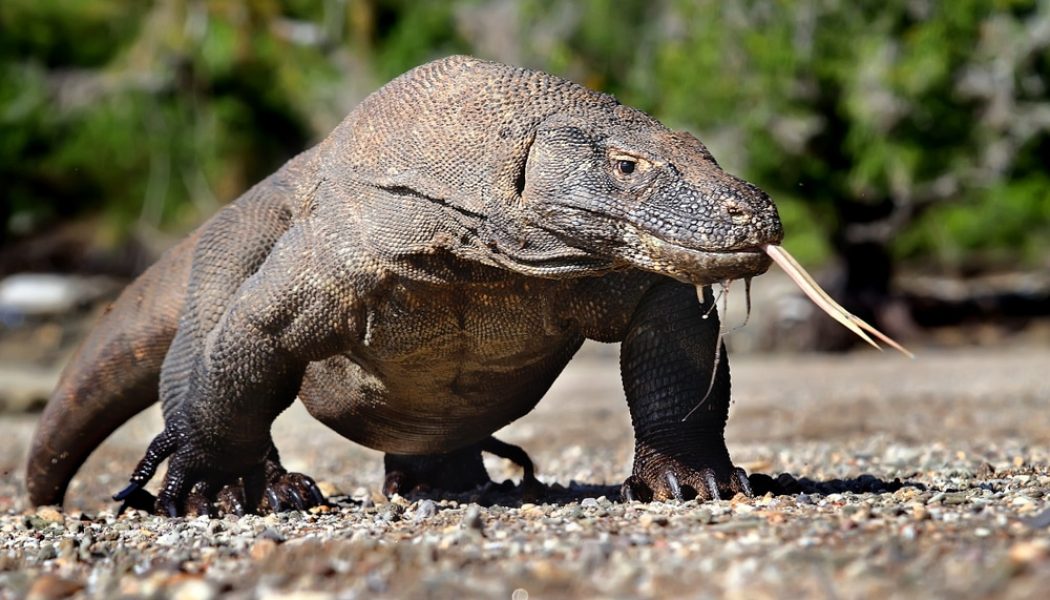DRC
Gorilla trekking tips: what to know before you go
These essential gorilla trekking tips will help you get the most out of this extraordinary wildlife experience Found nowhere else in the wild on Earth and once on the verge of extinction, the mountain gorilla – a subspecies of the eastern gorilla – has seen a spectacular revival. A series of conservation measures involving local communities has led to one of Africa’s greatest conservation success stories. Though still classified as endangered, today there are more than 1,000 mountain gorillas roaming the jungles of Uganda, Rwanda and DR Congo, up from around 480 in 2010. Just over half reside in the Virunga Mountains, the range of eight extinct volcanoes spanning the borders of southern Uganda, Rwanda and DR Congo. The rest can be found in Uganda’s epically named Bwindi...
DR Congo’s president becomes African Union chairman
The DRC’s President Félix Tshisekedi has now taken over the helm of the African Union to serve as the chairman for one-year. He replaces his South African counterpart Cyril Ramaphosa, following the AU’s 34th summit on Saturday. But Tshisekedi faces big challenges this year with the coronavirus pandemic hitting health service and economies hard. The continent has so far been hit less hard than other regions, recording 3.5 percent of global virus cases and 4 percent of global deaths, according to the Africa Centres for Disease Control and Prevention (Africa CDC). But many African countries are battling damaging second waves while straining to procure sufficient vaccine doses. African leaders are speaking out against hoarding by rich countries at the expense of poorer ones. “There is a vaccin...
DR Congo parliament ousts pro-Joseph Kabila premier
Lawmakers in the Democratic Republic of Congo (DRC) have dismissed the Prime Minister Sylvestre Ilunga Ilunkamba on Wednesday evening during a parliament plenary session held in Kinshasa. The dismissal came after the majority of the lawmakers passed a vote of no-confidence to the Premier alleging his inability in the management of the country. The National Assembly approved a motion of censure against Ilunga Ilunkamba and his government by 367 votes to seven. Under the Democratic Republic of Congo’s constitution, parliamentary censure requires the prime minister to step down within 24 hours. The Prime Minister boycotted the session terming it illegitimate under the constitution and internal regulations of parliament. The session was also boycotted by pro-Kabila party Mps who also stressed ...
FAO: Nigeria, Burkina Faso, others risk famine
A new report by two United Nations agencies warned Friday of a heightened risk of famine in three conflict-torn African states and Yemen, and a high hunger risk in 16 more. The Food and Agriculture Organisation and World Food Programme warned that a “toxic combination of conflict, economic decline, climate extremes and the Covid-19 pandemic … is driving people further into the emergency phase of food insecurity”. The agencies swung the spotlight on Burkina Faso, Nigeria, South Sudan and Yemen, all facing rising levels of acute hunger with potential risk of famine. Issuing “a stark warning” in their Early Warning Analysis of Acute Food Insecurity Hotspots, the agencies said the four countries have areas that could soon slip into famine. Some parts of the population “are already experiencing...
44,000 people missing in Nigeria, Ethiopia, other parts of Africa
Getty Images The International Committee of the Red Cross (ICRC) has revealed that about 44,000 people are registered as missing across the African continent, with nearly half of them being children. Nigeria, Ethiopia, South Sudan, Somalia, Libya, the Democratic Republic of the Congo (DRC), and Cameroon make up 82 percent of ICRC’s missing caseload in Africa, the ICRC disclosed in a statement issued on Wednesday. “As August 30 marks the International Day of the Disappeared, nearly 44,000 people across Africa are registered as missing with the ICRC at a time when restrictions put in place to curb Covid-19 create new challenges in searching for missing people,” the statement read. According to the ICRC, about 45 percent of the cases were children. “This caseload is a drop in the ocean to the...
17 megadiverse countries of the world
We profile the world’s megadiverse countries, from obvious contenders like Ecuador and Brazil to one or two surprise entries It should be comforting to know that a mere 17 countries hold more than 70% of the world’s species. It should be easy to rally this small group of ‘megadiverse countries’ to protect the planet’s extraordinary biodiversity. Alas, some of these countries are also the world’s biggest consumers and polluters. In July 2000, the UN’s World Conservation Monitoring Centre recognised 17 megadiverse countries which hold the majority of Earth’s species and high numbers of endemic species (i.e. those unique to an area or country). To be termed megadiverse, a country must have at least 5,000 of the world’s plants as endemics and have marine ecosystems within its borde...
